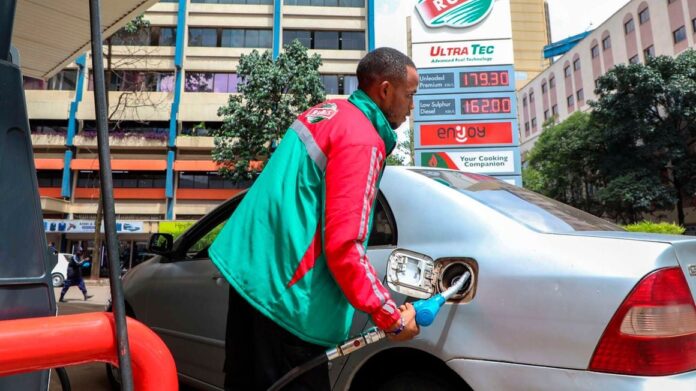East African economies are staring at a fresh spike in fuel prices as Saudi Arabia opts to cut supply by one million barrels per day this month, with the 13-member group of oil producers agreeing to extend their previous oil supply cuts of 3.6 million barrels per day to the end of 2024.
This comes amid rising oil demand in Africa, with the Organisation of Petroleum Exporting Countries (Opec) projecting the demand for the commodity on the continent to increase by 4.31 percent to 4.59 million barrels per day this year, from 4.4 million barrels per day in 2022.
Globally, oil demand is forecast to grow by 2.4 million barrels per day in the second half (July-December) of this year, according to Opec’s monthly oil market report dated June 13.
In 2022, oil demand in Africa increased by 4.76 percent to 4.4 million barrels per day, from 4.2 million barrels per day in 2021.The latest dynamics in the global oil outlook market adds more pressure on the regional oil prices which have been heavily impacted by local taxes.
Kenyans are bracing for the greatest pain of a surge in retail prices of fuel due to the doubling of the value-added tax to 16 percent, even as a court stopped the implementation of the Finance Act 2023.
The Energy and Regulatory Authority (Epra) has released the new retail prices of fuel after factoring in an additional eight percent VAT, pushing the pump price of a litre of petrol, diesel, and kerosene in Nairobi to Ksh195.53 ($1.39), Ksh179.67 ($1.28) and Ksh173.44 ($1.23), from Ksh182.04 ($1.3), Ksh167.28($1.19) and Ksh161.48($1.15) respectively.
Last month, Saudi Arabia, a key member of Opec, chose to cut its oil output by one million barrels per day to cushion against weakening oil prices and an imminent supply glut in the international markets.
The proposal takes effect at a time when the Opec+ members also agreed to extend their previous oil supply cuts of 3.6 million barrels per day to the end of next year and reduce overall production targets from January 2024 by a further 1.4 million.
In November last year, Opec and its allies, including Russia, agreed to cut oil output by two million barrels per day, the largest supply cut since 2020, citing uncertainty surrounding the global economy and oil market outlook.
In April, Opec also agreed to a surprise voluntary cut of 1.6 million bpd which took effect in May until the end of 2023.
But the cuts have not had the intended effects of raising crude prices, with Brent price, on average, declining by 9.2 percent to stand at $75.69 per barrel in May this year, from $83.37 per barrel in April.
On June 29, Brent crude futures declined by 0.4 percent to $73.77 a barrel as investors took profits on concerns of further interest rate hikes by world central banks dampening economic growth and global fuel demand, according to Reuters.
In March, the Kenyan government agreed on a deal with United Arab Emirates to start importing fuel from the Middle East on credit of up to six months to help ease pressure on the demand for US dollars.
Under the deal, three companies in the Middle East — Abu Dhabi National Oil Corporation, Saudi Aramco and Emirates National Oil Company — were selected to export petroleum products to Kenya.
Kenya will import 30 per cent of its monthly fuel requirements that accounts for about 28 percent of the country’s monthly import bill, with the credit agreement expected to ease pressure on the foreign exchange market and stabilise the shilling exchange rate.
But the shilling has fallen further to a low of Ksh140 against the greenback, despite the deal which has seen about five consignments of fuel from the UAE dock at the port of Mombasa.
The government hoped to save $500 million every month since the oil will be purchased by three state-selected oil marketers — Gulf Energy, Galana Oil and Oryx Energies — on a credit system of up to one year.
The EastAfrican




